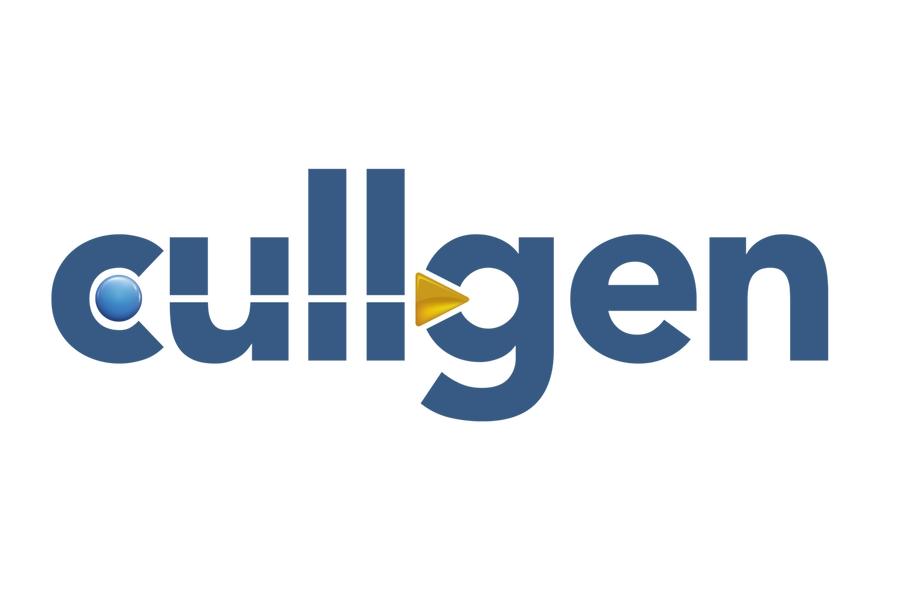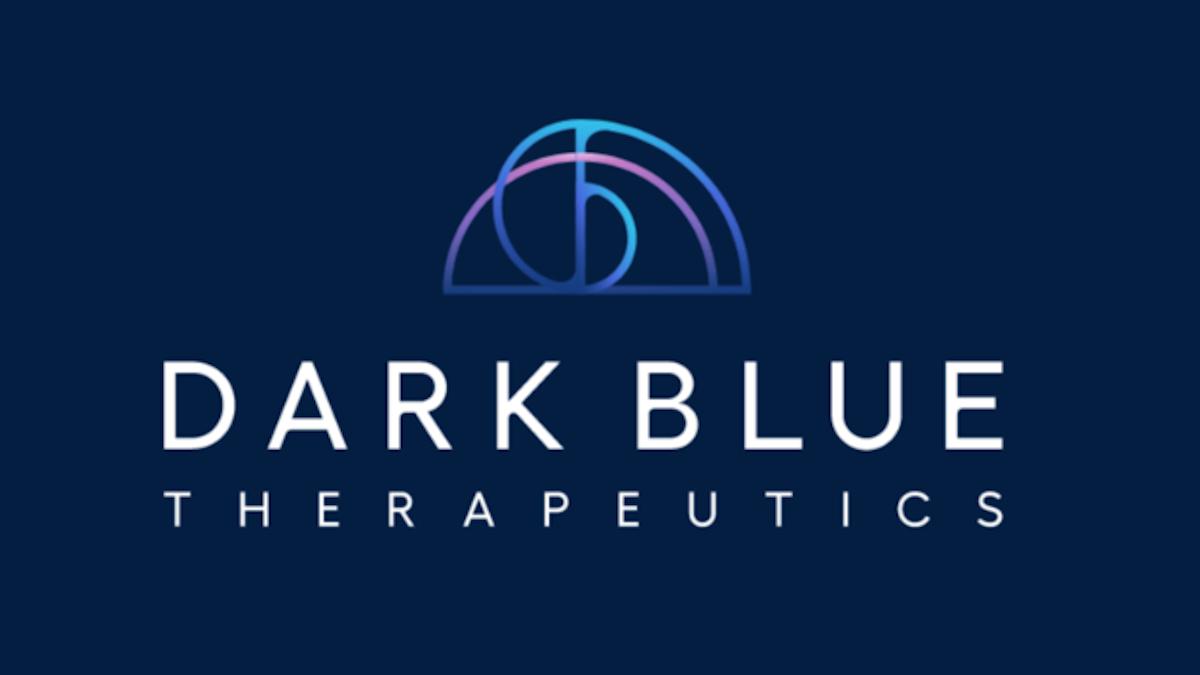Astellas extends protein degrader drive with Cullgen deal

Astellas has become the latest big pharma to pledge big bucks to a smaller company working on protein degraders, paying $35 million upfront to partner with US start-up Cullgen on multiple programmes, in a deal that could be worth up to $1.9 billion.
Protein degrader drugs harness the natural protein-denaturing machinery in cells to remove rogue proteins associated with disease, and have been proposed as a way to address a wide range of ‘undruggable’ targets.
The new agreement will tap into Cullgen’s targeted protein degradation platform – called uSMITE – which focuses on the ubiquitin proteasome system and, specifically, ligands for E3 ligases, enzymes involved in the control of protein levels in cells.
San Diego, California-based Cullgen – led by Shanghai Genomics' founder, Ying Luo – says the discovery engine can rapidly generate a large number of highly potent, selective, and bioavailable compounds against a target.
Under the terms of the deal, Cullgen is in line for another $85 million payment if Astellas exercises an option on the lead programme once it is ready for clinical development. The nature of the targets and their disease areas has not yet been disclosed.
Astellas has made protein degradation a key part of its R&D strategy, and has already advanced its own in-house candidate into phase 1 testing.
That is ASP3082, a novel protein degrader that targets mutated KRAS G12D and follows in the footsteps of Amgen’s KRAS inhibitor Lumakras (sotorasib), which became the first drug in the class to be approved by the FDA in 2021, as well as Mirati’s Krazati (adagrasib).
The Japanese pharma also has a smaller, $180 million alliance in place with Cambridge, Massachusetts-based start-up Generian, signed a year ago, which focuses on the discovery and development of small-molecule drugs that can activate, stabilise, or degrade proteins.
The promise of protein degradation as a way to address elusive drug targets has encouraged a lengthening list of new start-up companies and alliances. Recent transactions are headlined by a $2.4 billion alliance between Pfizer and Arvinas for a breast cancer candidate in phase 2 that included a $1 billion upfront payment, and a $2.55 billion deal between Merck & Co and Proxygen.
Other notable examples include a $1.3 billion partnership between Novartis and Dunad Therapeutics spanning four targets, a $1.6 billion deal between Eli Lilly and Lycia focusing on up to five targets, along with earlier collaborations involving Bayer/Arvinas, as well as Gilead and Nurix.
Gilead recently took its work with Nurix to the next level by opting into the first drug candidate to emerge from the collaboration – an orally-active IRAK4 protein degrader for inflammatory diseases – with a $20 million down payment.













